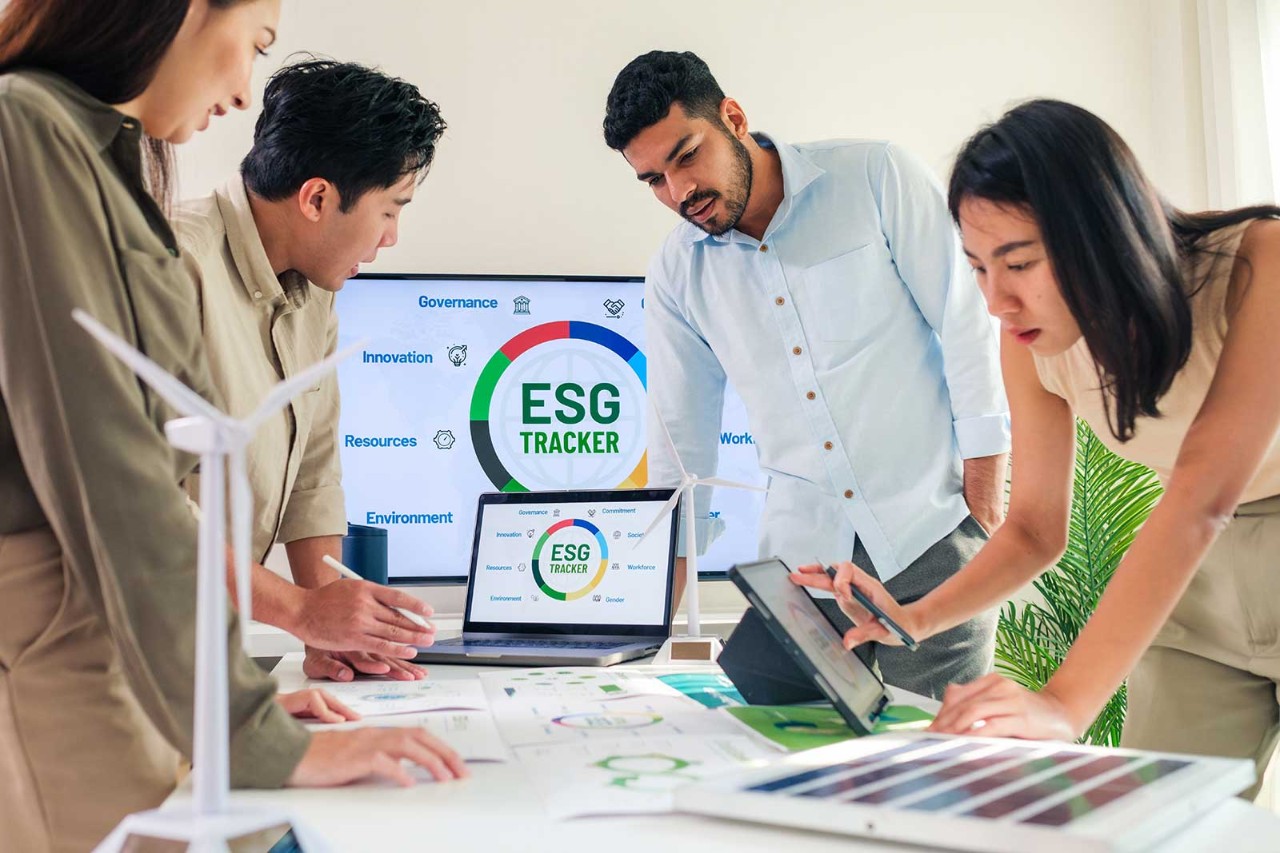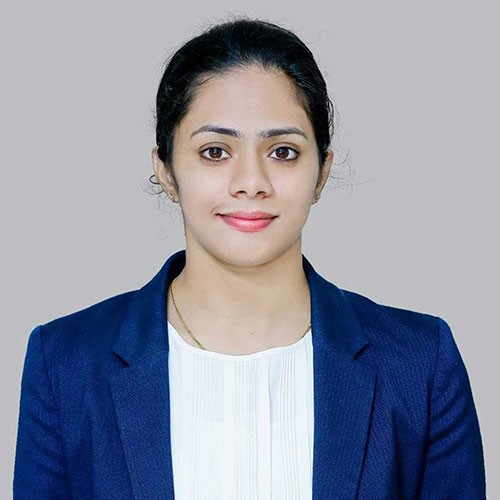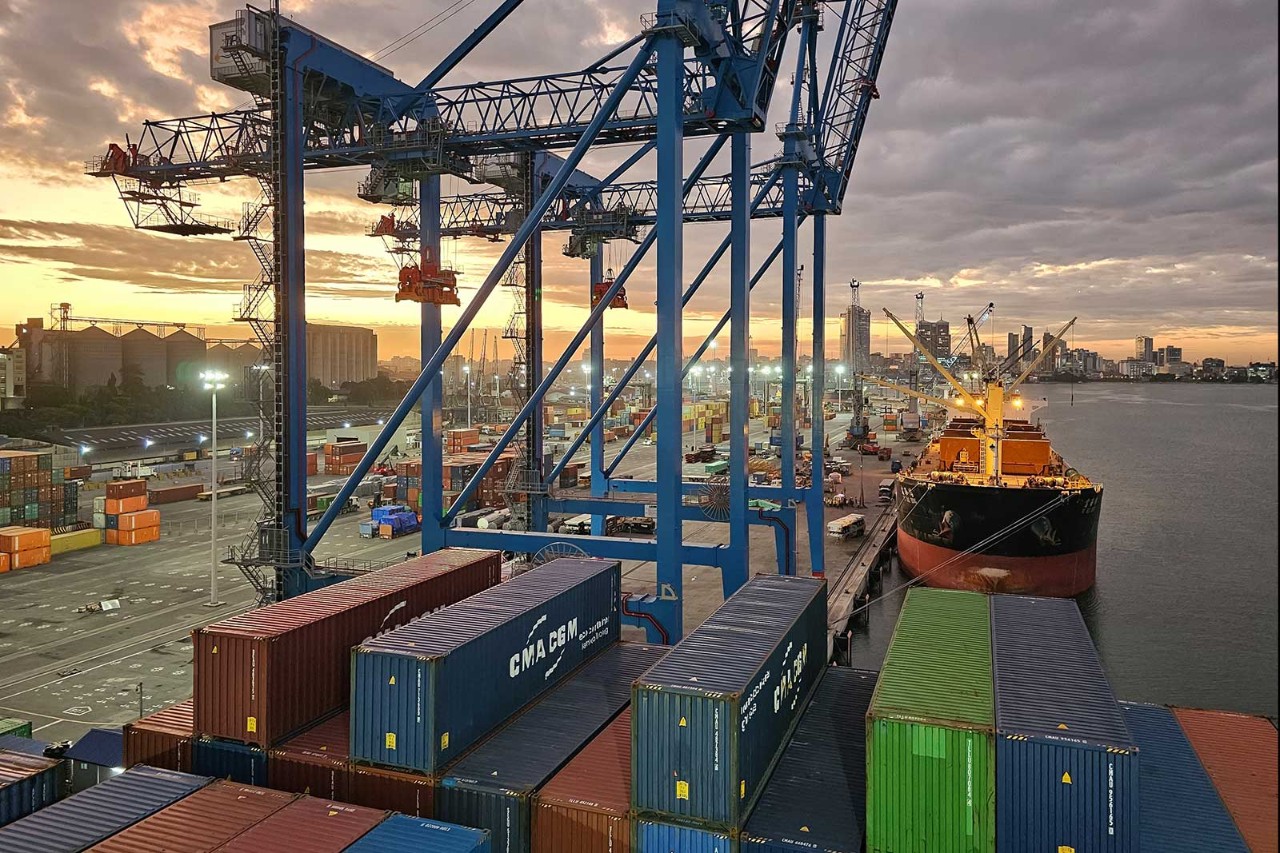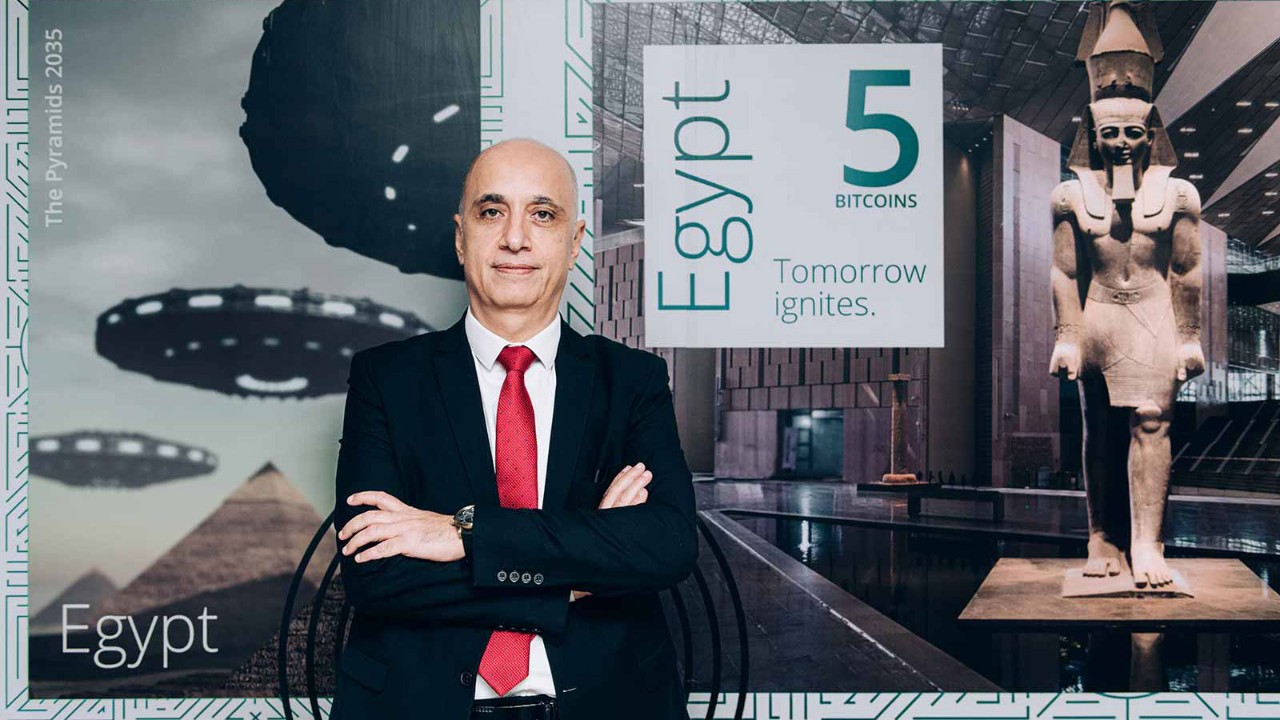
The Suez Canal Economic Zone is one of Egypt’s success stories. ‘In recent years it has attracted billions in foreign direct investment for numerous projects,’ says Samy Habib FCCA. Keen to diversify and expand the client portfolio at Deloitte Egypt, where he is an audit partner, he is attuned to the strategic potential of the business development corridor, which runs along both sides of the canal.
Egypt’s economic growth and shift from public towards private investments are both influencing the professional services that home-grown and foreign companies alike are looking for. ‘As an audit partner, you need to focus not only on audit and financial statements but also broaden your outlook,’ Habib says. ‘Some clients and potential clients now are more interested in consulting services.’
Audited entities want deeper and more accurate analysis and insights
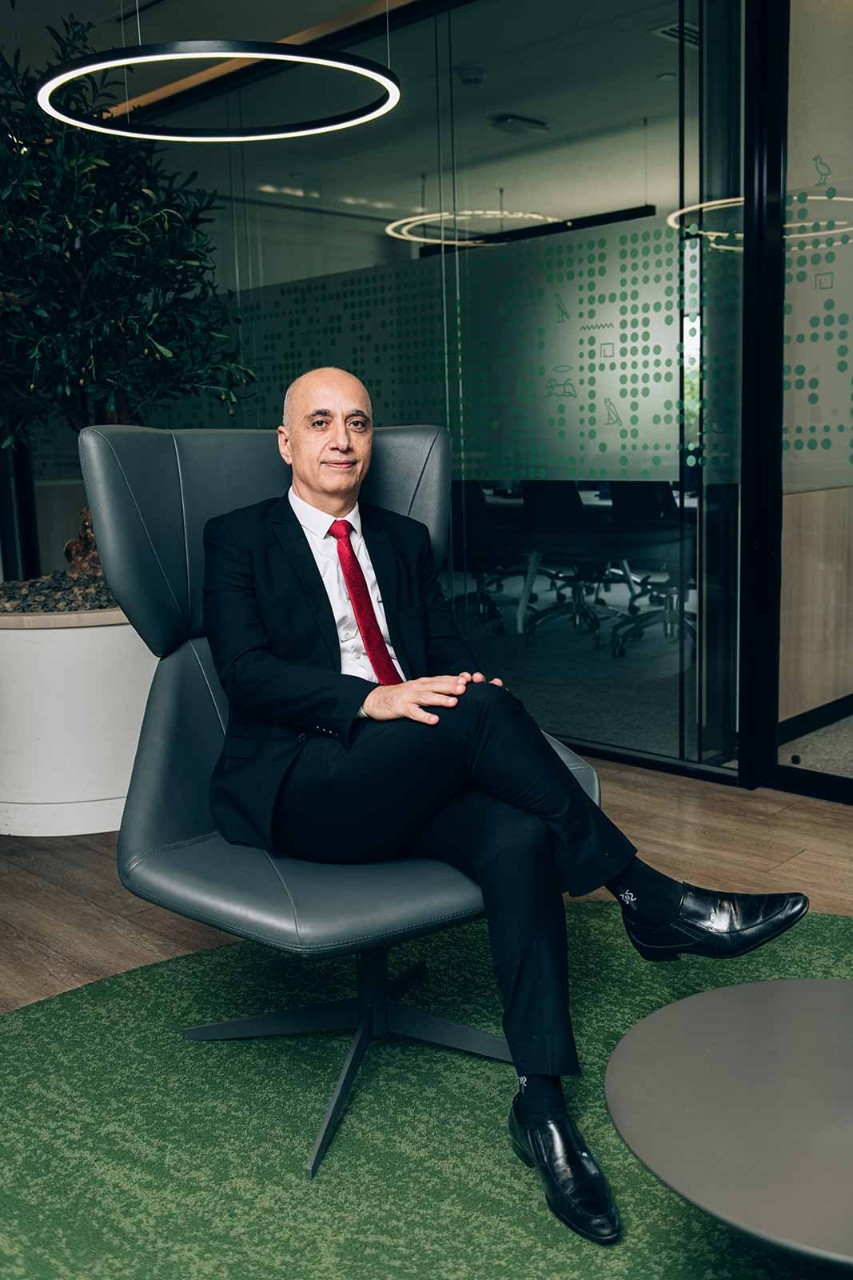
Focusing on consulting services for high-growth areas such as the Suez Canal Economic Zone is one of the strategic tools of Habib’s firm. Foreign companies considering acquisitions and other investments in the zone need expert support with due diligence and company incorporations along with other professional and financial services.
CV
2023
Partner for audit and assurance, Deloitte Egypt, Cairo
2022
Group FD, Global Napi Pharmaceuticals, Cairo
1996
Joined Deloitte Egypt as audit supervisor, rising to audit partner, then head of internal audit and leader on information security; also leader of ethics, confidentiality, AML and privacy
Expectations shift
Client expectations of audit and assurance are also changing. As well as providing an opinion on financial statements, audited entities want deeper and more accurate analysis and insights into their operations, risk management and various types of compliance.
‘There is growing demand, for example, for services related to compliance with anti-money laundering rules, particularly from banks,’ says Habib, who specialises in financial institutions. There is also growing demand for analysis, testing and other services around internal control over financial reporting (ICFR), which is a regulatory requirement for entities such as banks.
In Egypt, mandatory ICFR requirements are aligned with the globally recognised COSO internal controls framework. ‘Some clients outside the banking sector are now also looking for advice and testing on their ICFR and how well they align with the COSO framework,’ Habib says.
Knowledge matters
Qualifications that can demonstrate understanding of such matters and technical knowledge have never been more important. ‘At Deloitte Egypt, you will not be promoted to manager level unless you have the right professional certification,’ says Habib, who advises ambitious accountants to start working on acquiring this as soon as they can.
‘There is no excuse for the new generation of accountants, because doing this in Egypt is now very easy,’ he adds. Around 20 years ago, when he decided to supplement his qualification from the Egyptian Society of Accountants and Auditors with the ACCA qualification, there were no formal equivalence processes in place, and he was already an audit partner.
‘Interpersonal skills are key for team and client relationships’
‘It was a challenge for me,’ he says – and not just because he had to study while managing his workload as a partner. ‘I decided to proceed, as I could see the value of the ACCA qualification.’ Since then, the ACCA qualification has become increasingly valued in Egypt and in his firm.
While a recognised qualification underpins the success of the modern finance professional, strong interpersonal communication skills are another necessity, he says. Those skills are key to developing relationships within an audit team and firm, with clients, and for other interactions in and around the financial reporting and audit ecosystem.
Leadership
While Habib now handles communication with the Financial Regulatory Authority and the Central Bank of Egypt, his leadership responsibilities earlier in his career also demanded clear and effective communication in areas such as anti-corruption, confidentiality, data privacy and ethics.
‘Build rapport and trust to motivate your team and achieve your goals’
‘Social interactions and networking are important, externally and internally,’ he says, particularly around audit engagements. ‘You must build rapport and trust within your team if you are to motivate them and work together effectively to achieve your goals.’
Attracting and retaining the right sort of talent is a key priority for Deloitte Egypt, which in addition to audit, tax and advisory services, operates a separate legal entity, Deloitte Innovation Hub, providing technology and IT services. ‘We are looking to hire fresh talent from the top universities in the country – AUC, GUC, Cairo and Ain Shams, as well as the new branch campus universities in the New Capital City,’ Habib says.
ACCA in Egypt
ACCA has signed a memorandum of understanding with the Ministry of Higher Education and Scientific Research. The partnership aims to support Egypt’s Vision 2030 by promoting chartered accreditations across all universities in Egypt, enhancing global employability for graduates.
Earlier this year, ACCA welcomed 350 distinguished guests to a celebration to mark 120 years in Egypt. Speakers included minister of finance Ahmed Kouchouk, Dr Mohamed Farid, executive chairman of the Financial Regulatory Authority, and ACCA’s longest standing member in the country Hazem Hassan FCCA, a pioneer in Egypt’s accounting profession. The founding leader of KPMG Egypt, the Egyptian Society of Accountants and Auditors (ESAA) and most notably the first Arab to chair the IMF Audit Committee shared his story and insights.
These leaders delivered impactful keynotes on Egypt’s evolving job market, talent trends, skills gaps, and strategies for attracting and retaining top talent.
Tech talent
Tech is becoming more and more important in audit. ‘Most of our audit engagements rely increasingly on data analytics,’ Habib says. Some analysis is done through the audit teams using analytical and advanced tools with the support of the central team in the Middle East, and some is handled by the regional innovation hub. ‘They can undertake data analytics and draw our attention to certain areas, and then we can work on those data analytics outcomes more quickly.’
‘Auditors have to evolve and grow’
The firm’s e-learning platform plays a significant role in developing and maintaining tech skills. ‘There is a growing focus on courses to enhance and increase the capabilities of our people,’ Habib says. The courses cover everything from data analytics and cybersecurity to emerging artificial intelligence tools and techniques.
‘Using tools such as data analytics on engagements is not an option for our teams, it’s a requirement,’ he says, because of the impact on efficiency, recovery and service quality. ‘Auditors have to evolve and grow,’ he adds, and taking personal responsibility throughout a career is a recipe for success. It’s an approach reflected in his own personal motto: ‘If you invest in yourself now, you will be proud of yourself in the future.’
